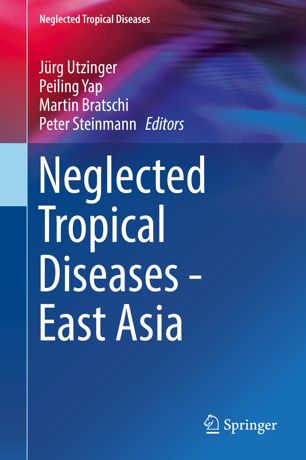

Most ebook files are in PDF format, so you can easily read them using various software such as Foxit Reader or directly on the Google Chrome browser.
Some ebook files are released by publishers in other formats such as .awz, .mobi, .epub, .fb2, etc. You may need to install specific software to read these formats on mobile/PC, such as Calibre.
Please read the tutorial at this link: https://ebookbell.com/faq
We offer FREE conversion to the popular formats you request; however, this may take some time. Therefore, right after payment, please email us, and we will try to provide the service as quickly as possible.
For some exceptional file formats or broken links (if any), please refrain from opening any disputes. Instead, email us first, and we will try to assist within a maximum of 6 hours.
EbookBell Team

4.3
98 reviewsNeglected tropical diseases (NTDs) are a group of diseases frequently found in impoverished communities in tropical and sub-tropical countries. The risk for many of the NTDs is high in both deprived urban and rural areas of East Asia. Adapted to the endemic settings and characteristics of the diseases, a range of tools and strategies are currently being rolled out for the large-scale control of many NTDs. Both vector control measures and community sensitization programmes have for example been used to control dengue in urbanized settings. Challenges posed by yaws and lymphatic filariasis are being addressed by mass drug administration, while rabies requires the involvement of the veterinary public health sector for disease control. For leprosy, an elimination target has been defined; however, achieving this goal remains a considerable challenge. Food-borne trematodiases, on the other hand, are emerging and require a deeper understanding of its burden in East Asia and how these diseases can be tackled in a cost-effective manner. Finally, factors, such as an increase of non-communicable diseases due to changing lifestyles which accompany economic growth, the spreading HIV epidemic as well as climate change and the occurrence of natural disasters can potentially affect the epidemiology and control of NTDs. This volume discusses the mentioned topics in detail with contributions by experts in the respective research areas from different working environments.